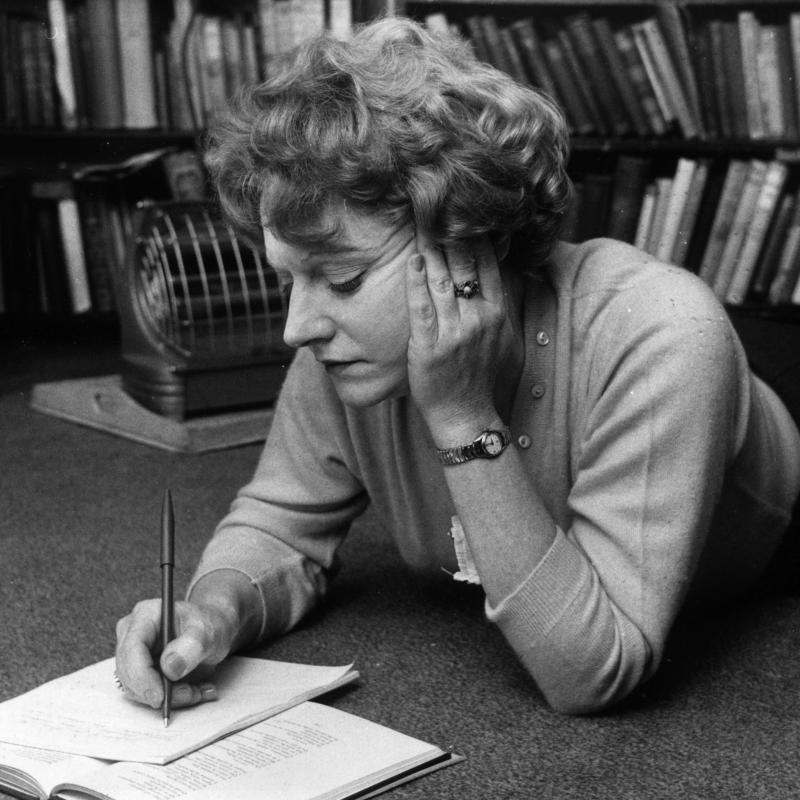
Books & Literature
Select Topics
Select Air Date
Select Segment Types
All Subtopics
- Austen, Jane, 1775-1817
- Biography & Memoir
- Cheever, John
- Children's Literature
- Comics & Graphic Novels
- Dickinson, Emily, 1830-1886
- Dictionaries
- Essays & Essayists
- Fantasy
- Fictional Characters
- Ginsberg, Allen, 1926-1997
- Historical Fiction
- Kerouac, Jack, 1922-1969
- LGBTQ+ in Literature
